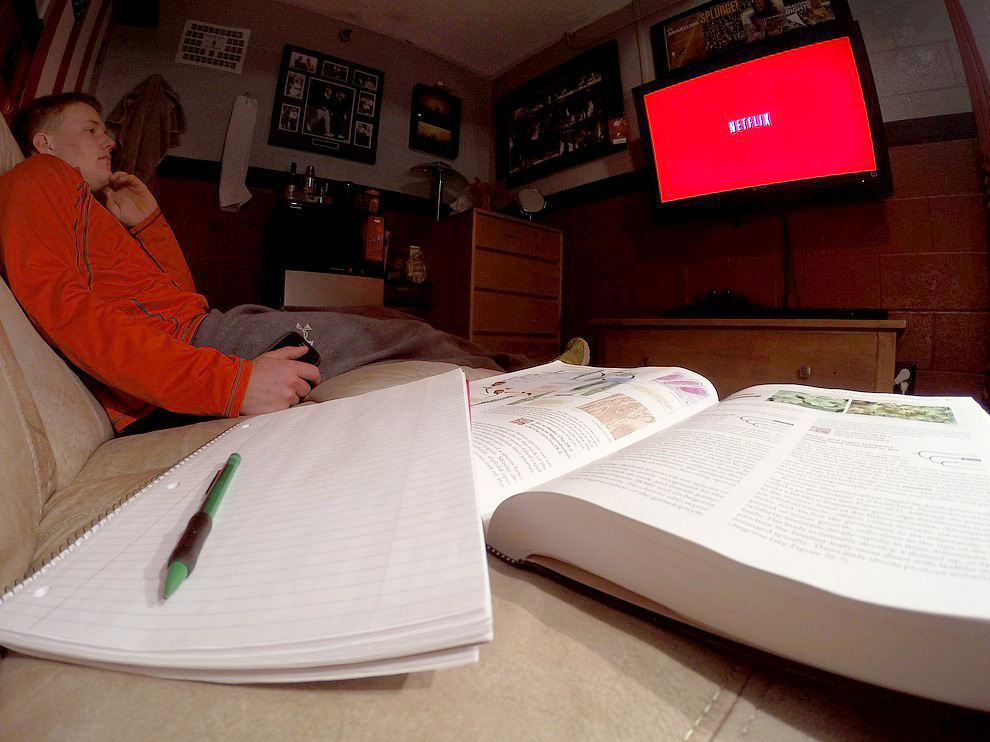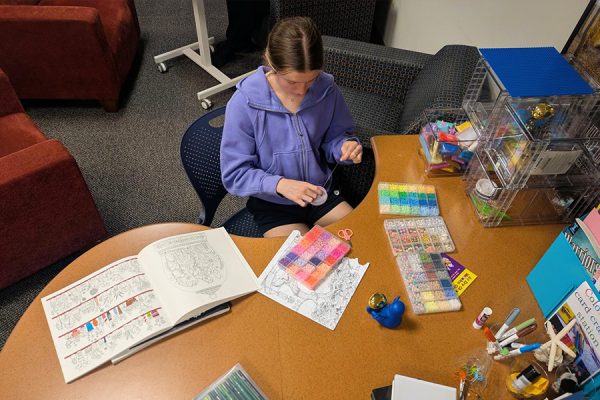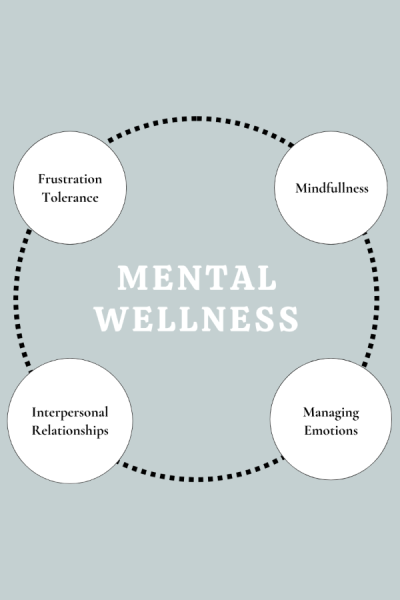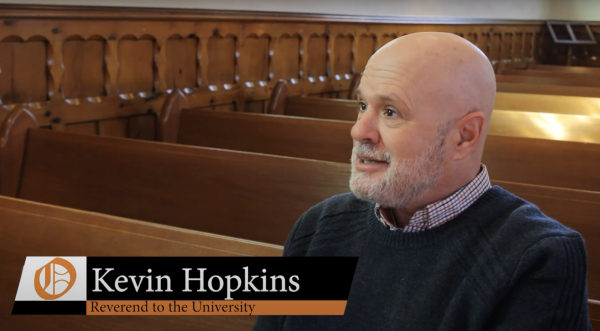Procrastination rolls in with the cold
Day after day, senior Michael Draper spends his time playing video games, hanging out with friends or perfecting his tennis strokes, while stacks of homework pile up on his desk. Every assignment that requires a time commitment is delayed until after the the more entertaining, although less important activities, are completed.
“I feel like I am pretty good at doing my work last minute, but sometimes I cut it pretty close,” Draper said.
Draper is not alone. College students and even professors have numerous distractions keeping them from finishing the more important work first.
With Thanksgiving break coming to an end and Christmas break right around the corner, it is prime season for procrastination. Many students have their sights set on the end of the semester, and it can be easy to overlook the importance of class and homework.
According to Judy Smrha, assistant dean for student engagement and success, people are either procrastinators or they are not, but they will likely stay that way for the rest of their life.
In fact, Smrha says she is a procrastinator herself. As a professor, she said the “grind of grading is rarely enjoyable” and she can easily relate to students. She thinks that students spend more time stressing about having work to do than the actual amount of time it takes to finish it.
“The problem can be that students lie to themselves about how long a project will take,” Smrha said. “They are just shooting themselves in the foot.”
A study by Calgary psychologist Piers Steel reported that 85 to 90 percent of college students regularly procrastinate.
The feelings caused by procrastination can vary by person. Many feel stressed, while some get a rush by completing tasks at the very last minute.
Freshman Taylor Swartzendruber also thinks of herself as a procrastinator, especially when it comes to time-consuming projects. Stress is often a problem for her.
“However, sometimes I think it’s a good stress,” Swartzendruber said. “It motivates you to get it done to relieve your stress.”
Swartzendruber would rather sleep or go to the gym than do homework, but her main distractions are her phone and social media.
Joseph Ferrari, a professor of psychology at DePaul University has done multiple studies on procrastination. His research showed that 20 percent of Americans are chronic procrastinators. This can take a toll on a person’s health and may be a sign of underlying psychological disorder.
At Baker, Tim Hodges, the director of the counseling center, is available to assist students in need. A majority of students who come to Hodges to discuss their stress find procrastination as the root of their problems. Putting work off until the last minute may decrease stress in the short-term, but will increase long-term stress and can affect the immune system.
“Those who put things off tend to get punished,” Hodges said. “When you finally get to work on it, something will usually come along and muck it up.”
There are different techniques to overcoming procrastination because people do it for a variety of reasons. Hodges explained that a perfectionist might complete an assignment at the last minute so that they can use the fact that they did it so quickly as an excuse.
Having less time to work gives you “insurance for self-esteem,” Hodges said.
Some techniques counselors offer for overcoming procrastination include the following:
• Knock out the most difficult tasks first
• Break down large tasks into easier pieces
• Reward yourself for completing work
• Remove distractions from your study environment








